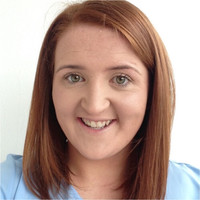Niall Moore, Level 7 Higher Level Apprentice. Building Information Modelling Project Management, Farrans/Queen’s University Belfast

“My particular HLA was the Master’s level BIM. I’m currently 2/3 of the way through it on my second year part-time. I was one of three from Farrans to actually start the HLA in 2019. It’s been a very positive experience, obviously challenging, but very positive with plenty of group work. Being able to apply your own experiences to items of course work and vice versa. Bringing experiences learned in the classroom back to your work has been one of the biggest advantages for me.
With the vast amounts of guest lecturers that you have on this particular course, for example, is invaluable.
People bring experiences from all walks of life into the classroom… People that work in construction law, specialist BIM consultancies…the list goes on. So real life experience has been bought brought onto the classroom also.
The flexibility and the support from staff on the HLA scheme is second to none. The lines of communication are very clear and it’s never an issue to get hold of somebody when you need them. So, it’s a very hands-on approach from the staff at Queen’s. Also, you get very rewarding feedback on your assignments, especially when it’s on an interesting that’s related to your day to day work. I find that very, very rewarding too.
I’m on a path to progression within the organisation and hopefully that can continue once I finish.”






